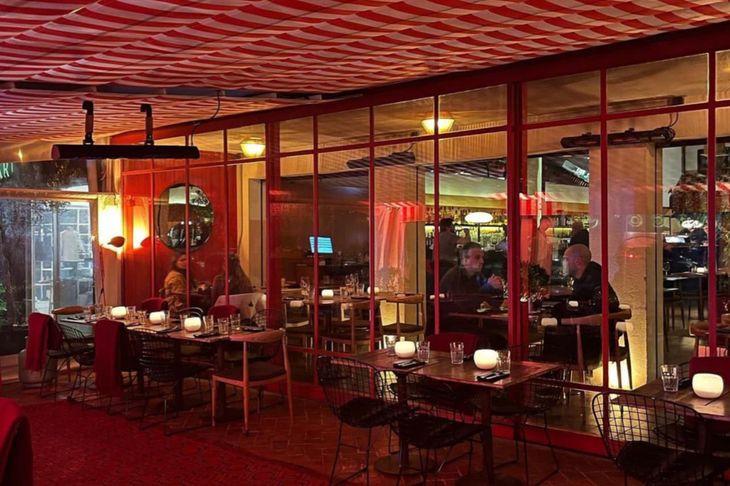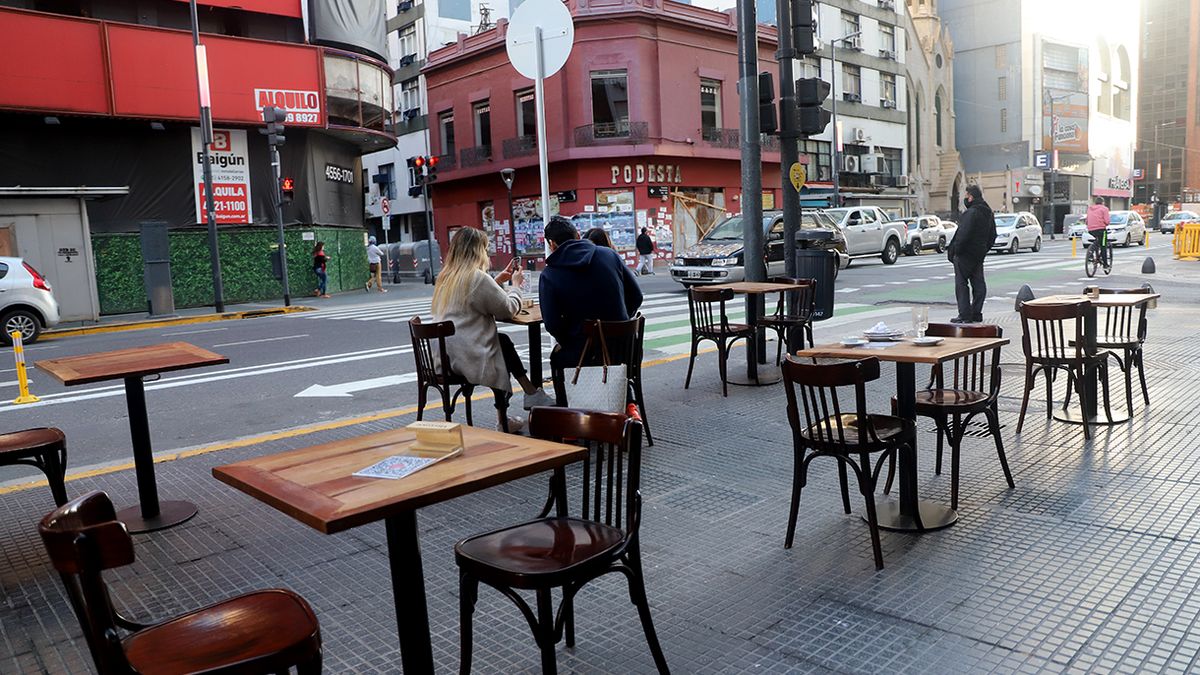The effect of the government’s plan on the economy is contradictory. While there is a slowdown in inflation, this goes hand in hand with an evident recession and a drastic drop in consumption.
The economic outlook is becoming increasingly complex as the government executes its plan, which appears to be working. Although inflation shows signs of slowing down, this translates into a palpable recession and a worrying decline in consumption. The indicators are clear: economic activity plummeted 4.3% in January, according to INDEC, while the CAME retail sales index registers a drop of 22.1% so far this year.
The content you want to access is exclusive to subscribers.
INDEC data reveal that certain items have driven the increase in inflation. Education leads with a monthly increase of 52.7%, followed by Communication with 15.9%, Housing, water, electricity and gas with 13.3%, Transportation with 13%, and Alcoholic beverages and Tobacco with 12. ,3%. Furthermore, the increase in Food and Beverages is a significant factor in all regions of the country, contributing more than 3 percentage points to the monthly increase.


Future projections are more encouraging, with market consultants predicting a gradual slowdown in inflation in the coming months, according to the BCRA’s REM. However, the reality of consumption is reflected in sectors such as restaurants, which have experienced an alarming decline. Even compared to the most critical months of the pandemic, demand in this sector had not shown negative figures until now.
Restaurants at risk
The situation worsens when observing the INDEC’s Monthly Estimator of Economic Activity, which confirms a 1% decrease in the activity of Restaurants and Hotels in January of this year compared to the same month of the previous year. This fall, furthermore, intensifies if is compared to previous months, marking a significant decline from the high season to the low season.
appler best 100 restaurants.jpeg

The collapse in restaurant and hotel consumption is evident and comparable to the worst moments of the pandemic. Despite the post-pandemic relief and high growth rates in 2022 and 2023, The simplistic explanation that consumption responded to inflation no longer holds.
The Government’s policy of adjustment in pensions and pensions, together with the liberalization of prices, is generating a change in the population’s spending priorities. which is now forced to adjust to cover essential services due to the increase in fixed costs.
The effect of the government’s plan on the economy is contradictory. While a slowdown in inflation is observed, this goes hand in hand with an evident recession and a drastic drop in consumption, which impacts sectors that in previous years, even with the latent crisis, had months of prosperity and full tables, such as that of restaurants and hotels.
Source: Ambito




